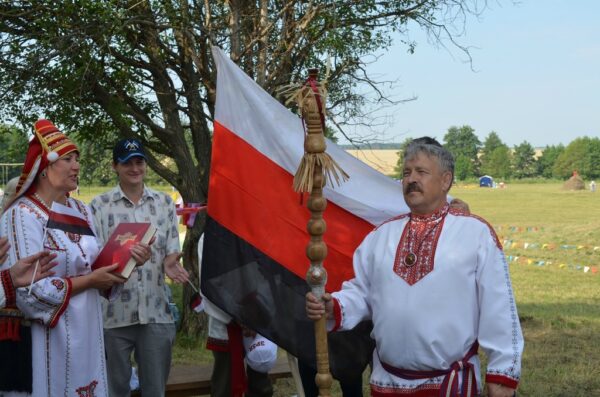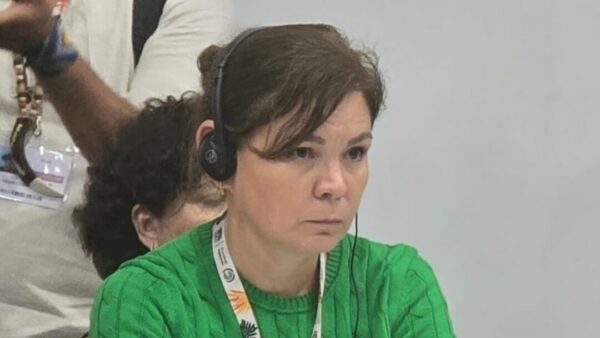Nikolai Merkushkin no longer RF president’s representative at Finno-Ugric World Congress

As of November 2024, Nikolai Merkushkin, who led the Republic of Mordovia from 1995 to 2012, will no longer be the representative of the Russian President at the World Congress of Finno-Ugric Peoples.
Being deprived of the status of presidential representative could lead to Merkushkin being brought to trial, not only as a witness but also as an accused. As of 2021, Nikolai’s younger son, Alexei Merkushkin, who was Minister of Development Programmes and Deputy Head of Government of the Republic of Mordovia from 2012 to 2018, has been in custody. He is accused of large-scale corruption and economic crime, allegedly with the knowledge of his father. Nikolai Merkushkin himself, however, was the head of the Republic of Mordovia from 1995 to 2012, before his son took office. He was then appointed governor of Samara Oblast. In September 2017, he resigned abruptly from the governor’s post and on 25 September 2017 he was appointed Presidential Envoy, or, to be precise, Special Representative for Relations with the World Congress of Finno-Ugric Peoples.
Merkushkin as Special Representative
It was unlikely, however, that the former Samara Governor Nikolai Merkushkin would be involved in Finno-Ugric issues at all. In 2021, when the Association of Finno-Ugric Peoples of Russia considered it inadvisable for Russian Finno-Ugric peoples to participate in the 8th World Congress of Finno-Ugric Peoples in Tartu, Merkushkin remained silent. In his only interview as the representative of the Russian President, he made a point of mentioning only the need to communicate with Estonia, Finland and Hungary, and did not mention the Finno-Ugric peoples of Russia.
So why was Merkushkin appointed as the Special Representative of the President in 2017 in the first place? It is possible that the consolidation of Finno-Ugric peoples by the then leader of Mordovia, Nikolai Merkushkin, caught the eye of the Russian President in 2007, when Putin visited the Mordovian capital Saransk, where he met Tarja Halonen, President of Finland, and Ferenc Gyurcsány, Prime Minister of Hungary at the “Welcome, Finno-Ugric people!” celebration.
When Nikolai Merkushkin was appointed Special Representative, the Russian President had a total of 22 Special Representatives, almost all of whom were involved in the President’s external relations.



